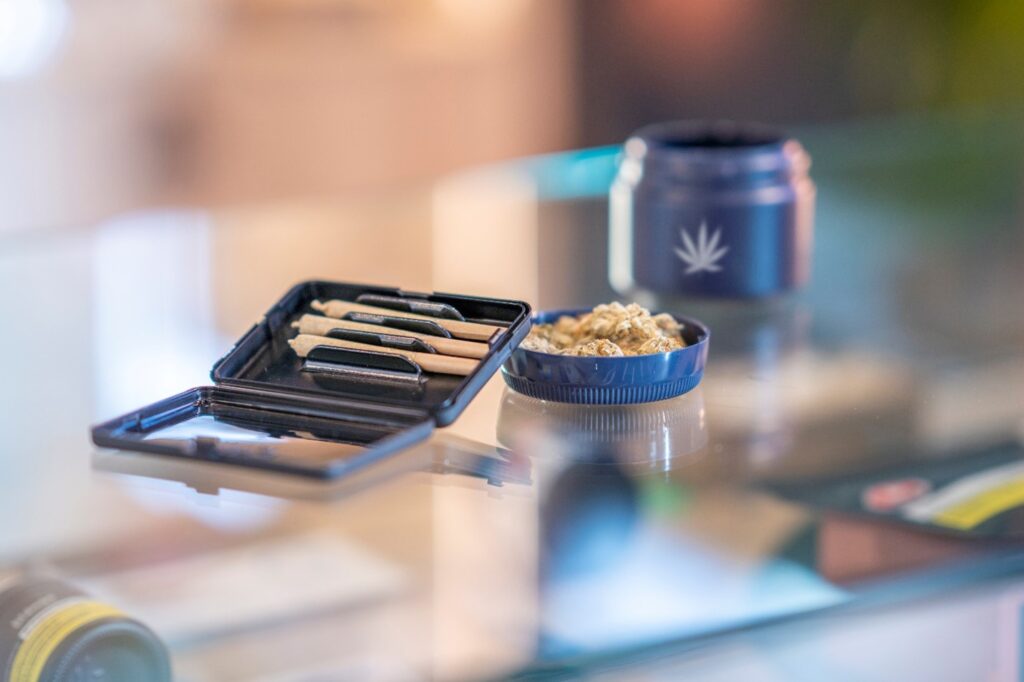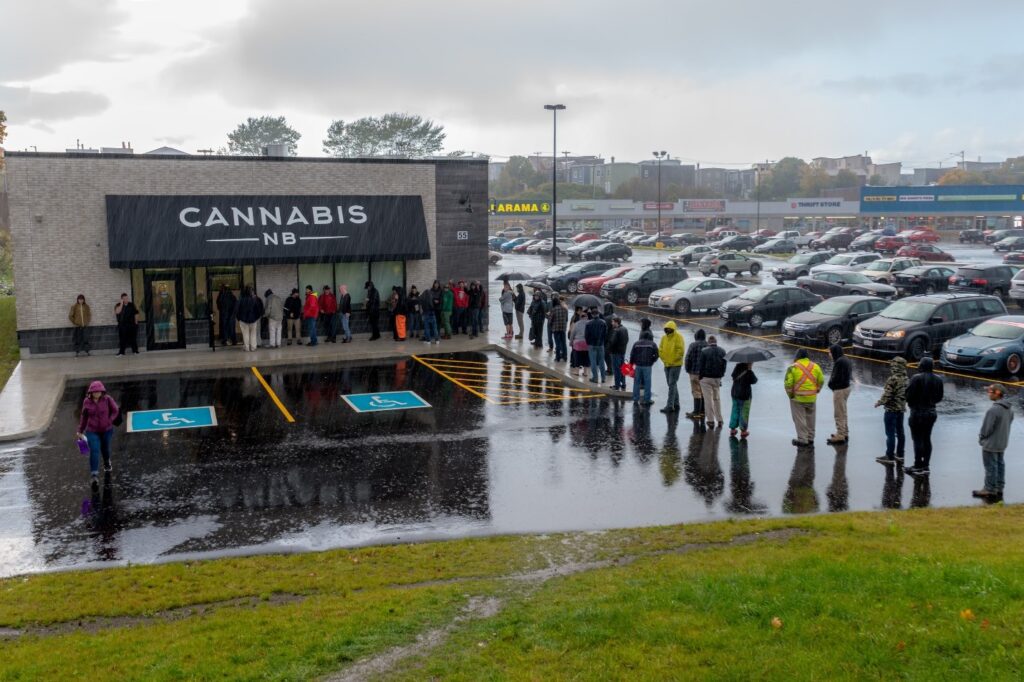
By M.H. Cavanaugh
Christian Action League
April 28, 2022
On Monday, Spectrum News and IPSOS released a poll that claims a vast majority of North Carolinians support the legalization of medical marijuana. The poll surveyed 1,158 registered voters between March 31 and April 12. The margin of error is 4.2%.
The question on the poll simply asked, “Do you support or oppose legalizing medical marijuana in North Carolina?” The results from the poll said 72% of registered voters in the Tarheel state support it.
But Rev. Mark Creech, executive director of the Christian Action League, said regardless of the high figure reported in support of making marijuana legal as medicine, it’s tough to know what the state’s citizens actually believe.
“I’m not sticking my head in the sand about any alleged changing cultural viewpoints on marijuana. It’s just that the poll’s question, the way it’s phrased, doesn’t provide the public with sufficient information to answer it intelligently,” said Creech. “I think most people assume ‘medical’ means FDA approved and it’s been scientifically validated. They assume doctors will be giving out prescriptions for it. None of this is true. Would those polled have answered differently if these facts were a part of the question or questions? Unless the poll specified that the current legislation still pending for further consideration in the State Senate doesn’t provide any of these assurances, it’s hard to say what they support.”
Creech added that most people “don’t know what so-called medical marijuana is.”
“There’s plenty of anecdotal evidence given by marijuana advocates, many of whom have a profit motive. Some military people claim it helps them with their PTSD, pain from their injuries, and suicidal thoughts. But this is the truth and nothing but the truth: By no current medical standards does marijuana qualify as medicine. Moreover, recent studies are now seriously debunking that marijuana genuinely helps with these disorders,” said Creech. “This is primarily about opening the door to bring in recreational marijuana, which would be disastrous over the long haul. Alcohol already does more harm than all of the other illicit drugs combined. Can we afford to add to the social costs of alcohol and tobacco using marijuana? This is foolish and irresponsible,” said Rev. Creech.
In his book, Going to Pot, William J. Bennet, America’s first drug czar under President George H.W. Bush, contends the following:
- Defining medicine through legislative fiat undermines the national drug approval system run by the FDA.
“The FDA has stringent and evidence-based standards that it uses to protect all Americans from dangerous, ineffective or fraudulent drugs. It puts in place safeguards that include confirmed purity; validated protection; tightly controlled manufacturing; known shelf life, microbiology, and efficacy and safety data per dose; document side effect profiles; and regular safety updates to keep the FDA appraised. While its approval system may not be perfect, it has shielded us from many unsafe and unacceptable drugs for decades.”
- Many assume that one needs a doctor’s prescription to obtain medical marijuana.
“This is simply untrue. No doctor in America can actually prescribe marijuana: it would violate the acceptable use of his Drug Enforcement Agency–authorized prescription pad. What the state laws require are not prescriptions, but recommendation notes or letters (or a card issued by the state based on a letter from a doctor). This distinction is important as, again, the culture and children learn from the language that is being used: marijuana is simply not medicine a doctor can prescribe, no matter what it is called. It is not medicine to be found in any pharmacy. Additionally, never in the history of the FDA has there been an authorized form of medicine that is lit up and inhaled. There are doctors who are willing to write notes to patients who can go to dispensaries to buy marijuana cigarettes and brownies, or grow their own. Not pharmacies, but dispensaries and backyards – another important distinction. Unlike medicine, marijuana has no set or controlled dose or strength – that is left up to the users, dispensaries, and growers, many of whom compete for business based on the THC potency of their marijuana. In other words, there is a ‘race to the top’ with dispensaries advertising or promoting higher and higher levels of THC in their product.”
- In states where medical marijuana has been legalized, it’s not difficult to get a marijuana card.
“In Arizona…Arizona Republic reporter Laurie Roberts says that ‘3.76 percent use marijuana to ease the symptoms of cancer. Another 1.53 percent suffer from glaucoma, while 1.06 percent have AIDS. Meanwhile, 89.8 percent – 30, 203 people – are seeking relief for “severe and chronic pain.” Only 13 percent of cardholders are over sixty;’ nearly 73 percent of patients are men, and the people most likely to seek relief from pain are 18 to 30 years old. Roberts was in favor of the law before she saw its effects, even its early effects. After the law passed and after seeing the numbers above, and the types of people lining up in front of the state’s first dispensary – ‘not exactly glaucoma-stricken grannies,’ as she put it – she changed her mind, calling the law ‘a charade.'”

Rev. Creech said that SB 711 – NC Compassionate Care Act is a bill that currently has limited ailments for which one could obtain a marijuana card. But there is a provision in the measure that sets up a “Compassionate Use Advisory Board” that essentially allows a new state bureaucracy to add “[a]ny other serious medical condition or its treatment” for medical marijuana use.
“That’s provision is wide enough for a locomotive to run through,” said Rev. Creech. He added:
“We can be certain marijuana activists will parade their dozens of new ailment testimonials before this Board and berate them year after year to significantly broaden the use of medical marijuana if this measure passes. And this ‘Compassionate’ group will accommodate most, if not all of them. And then, how long do you think it will be before people in this state wonder why a recreational law even needs to be passed when a medical one has essentially already become defacto recreational? This is what has happened in every state with medicinal marijuana. Champions of SB 711 say their proposal would be the most limited medical marijuana plan in the country. Yes, and that’s what it will take to get it passed. But it will not stay that way after it passes.”
